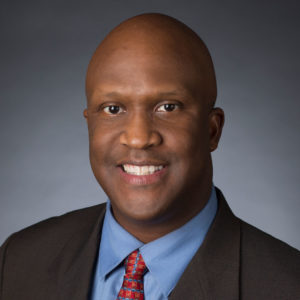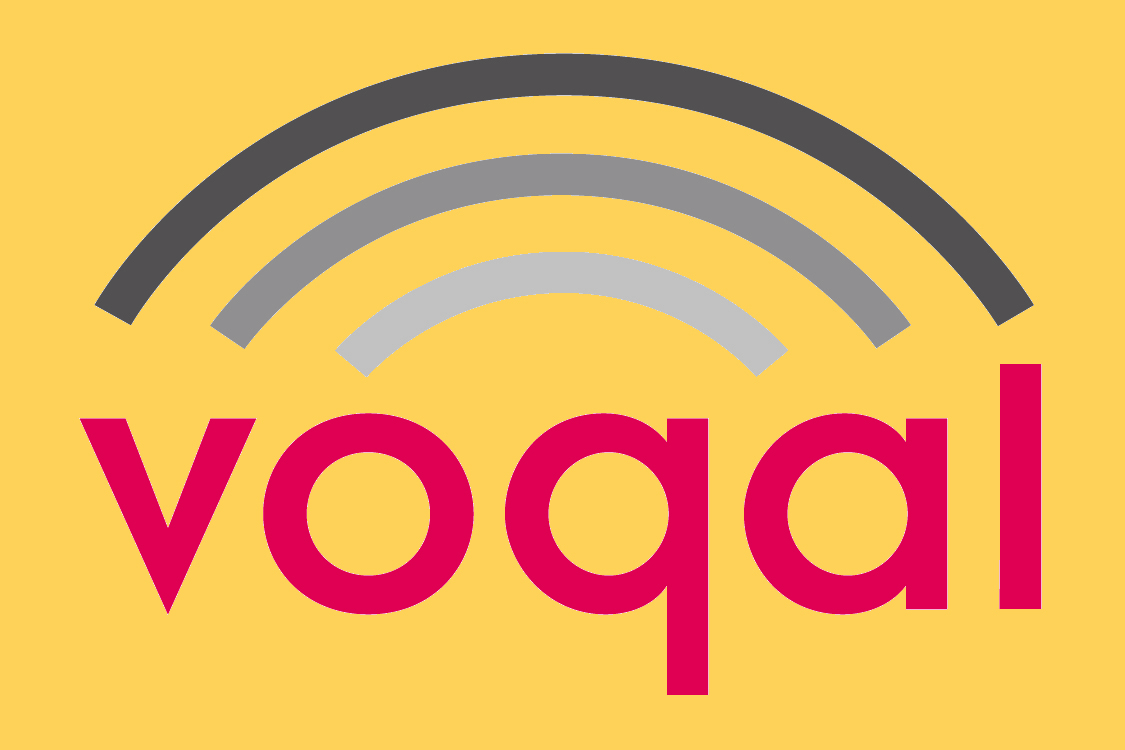What’s the best way to improve public education? That question, hotly contested in communities across the country, has prompted an intense debate in Charleston, SC, a thriving city that is experiencing a boom in growth and economic development and has in many ways become a symbol of the New South. But too often missing from these discussions are the voices or perspectives from individuals from within the actual communities who will be directly impacted or affected by policies to improve their neighborhood public schools. We rarely hear from the parents who rely on public schools to educate their children and even the actual young people themselves, particularly those old enough to articulate and discern what they would like to experience in terms of a quality public school education. While the community organizations putting forth proposals to improve or reform schools in the South Carolina Lowcountry may be well-intentioned, excluding parent and student voices is a critical omission.
The most recent example is the Coastal Community Foundation (CCF) and its Reimagine Schools Proposal. South Carolina legislators recently expanded the state’s “Schools of Innovation” law, which authorizes the takeover of individual schools by an unidentified “Innovation Management Organization” or IMO. CCF’s Reimagine Schools plan calls for these IMOs to manage some 23 struggling public schools in Charleston, all serving students of color from surrounding communities.
In Charleston, the Coastal Community Foundation looms large, managing nearly $300 million in assets. But what it doesn’t have is any proven track record working in PK-12 education, a major concern of local area groups engaged in public education advocacy, grassroots roots leadership, and other critical voices from within the community.
Just how CCF’s Reimagine Schools plan would address the critical issue of community involvement is also unclear. The proposal calls for the establishment of District Innovation Commissions consisting of consolidated and constituent school board members and as many as ten members from the community-at-large consisting of faith and business leaders and other stakeholders. But what entity will determine who these individuals will be? This is a critical question at a time when local area groups and grassroots organizers have been pushing for more community voice regarding the direction of Charleston’s public schools. These advocates are concerned that CCF and its allies are moving forward with a vision that is open to privatization and financial profits for vendors without receiving input from the community, including the parents who rely on the twenty-three schools that are to be ‘reimagined.’
Community voice isn’t just an abstraction. Parents, teachers, faith leaders, and other local stakeholders are at ground zero when it comes to truly understanding the educational needs of children in their communities and the challenges they face when it comes to receiving a quality education. Most importantly, they are not in the game to profit financially through contractual relationships with various outside vendors.
CCF’s Reimagine Schools proposal calls on the Charleston County School District’s consolidated school board to spend $32 million to support privatization schemes. Voices from within the community are calling for these funds to be invested directly into the district to support greater wraparound services for students and their parents, provide two teachers in every classroom and provide additional psychological services given the shortage nationally of qualified clinical psychologists working in PK-12 education. These are common-sense solutions that meet the needs of schools within the local community that elected leaders would be wise to consider.
Since CCF introduced Reimagine Schools late last year, pushback from community groups and public school advocates has been fierce. Recently the school board announced that the proposal is being tabled indefinitely, a response to pressure from grassroots organizers. While experience teaches us that we must remain vigilant, this was a huge victory for believers in public education.
Dr. Kendall Deas is a Postdoctoral Fellow in Race, Freedom, and Democratic Citizenship with the African American Studies Program and Institute for African American Research at the University of South Carolina. He is also the Director of the Quality Education Project, a community-based research organization in South Carolina committed to public education advocacy.


